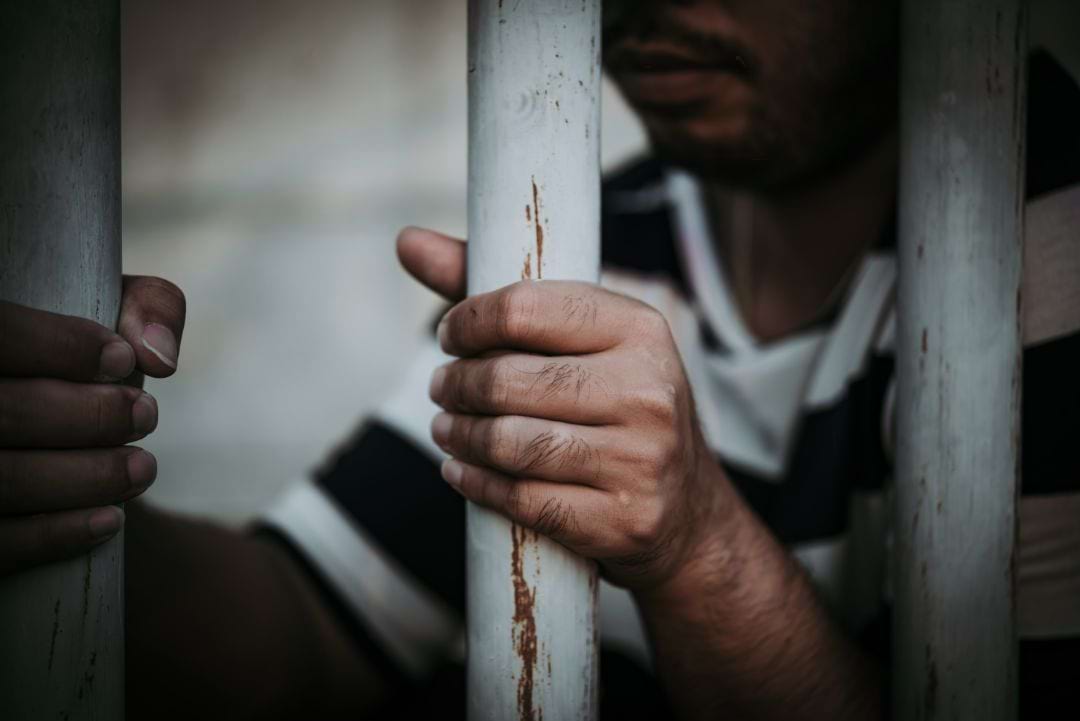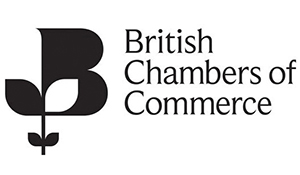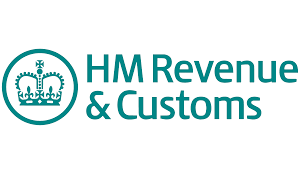The accused are believed to have trafficked these individuals through the West Balkan route between 2023 and 2024. All five suspects were arrested in Thuringia: three in Jena, one in Sondershausen, and one in Bad Sulza. The case involves suspects aged between 23 and 57, covering roles from drivers to higher-level organisers, EU Helpers reports.
The crackdown involved over 340 officers and saw extensive raids across five states: Thuringia, Baden-Württemberg, Schleswig-Holstein, North Rhine-Westphalia, and Saxony-Anhalt.
A federal police spokesperson reported that the ongoing investigation includes 18 suspects, who range from drivers to high-level organisers within the smuggling network. Of the 19 properties searched, 15 were in Thuringia, with ten in Jena.
According to InfoMigrants, the individuals smuggled into the country were initially housed in an apartment in Jena. While one suspect was considered dangerous, authorities did not disclose if he was armed during the operation.
Suspects Used Banned Cash System for Smuggling Payments
Payments for the smuggling operation were made using the informal “Hawala” transfer system, which is banned in Germany. Two intermediaries, known as hawaldars, are among the suspects. Investigators identified the suspects after checking several transporters on the Western Balkans route, which exposed the larger scope of the operation.
Investigators tracked down the suspects after intercepting several vans, the group’s preferred mode of transportation, at the border. The operation comes at a time of increased attention on migration issues following a fatal knife attack in Solingen and the recent success of the anti-immigration party Alternative for Germany (AfD) in elections in Thuringia and Saxony.
Recently, leaders from national and state parties have said they will soon discuss a new security plan proposed by the federal government and other related issues. This meeting comes as a response to the Solingen attack, similar incidents, and the AfD’s recent electoral successes.








